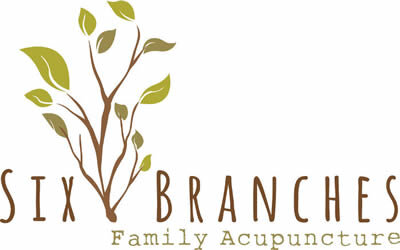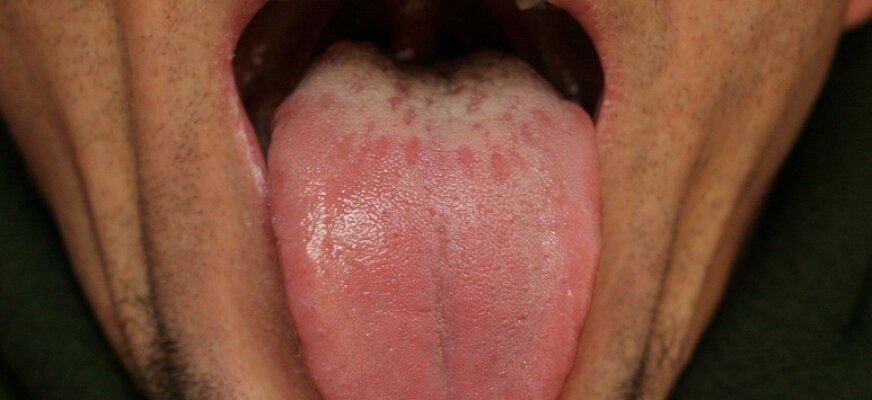One reason that people sometimes get confused about Chinese medicine is that it uses terms that we know from Western medicine, such as Liver, Spleen, or Kidney but it gives them broader and additional meanings. For example, while Western Medicine (WM) knows the spleen to be a lymphatic organ that filters the blood and produces some anti-bodies, the TCM Spleen is a much broader category that includes the spleen, pancreas, and duodenum, as well as some of the function of the thyroid and adrenal glands.
Organ systems in TCM also house aspects of the mind or spirit. So when a TCM practitioner talks about a Spleen disharmony, they are including digestive and immune function, blood quality and production, muscle quality, and the intellectual aspect of the mind. An Organ system in Chinese medicine does not equal the organ that is named exactly, rather it signifies a broader category of processes. So if your TCM practitioner tells you that you have Liver Qi stagnation, please don’t go to your WM doc and ask for a liver blood panel! If your TCM practitioner says you have Heart Qi deficiency, your EKG results may not show anything wrong with your heart organ. [Please notice that for the purposes of this blog, I am using lower case letters to name an organ as understood by Western medicine (ex. liver) and upper case letters to name an organ system as understood by Chinese medicine (ex. Liver).]
TCM's understanding of these Organ systems developed over many centuries of observation and anatomical dissection and are still the basis of the medicine today. TCM's treatment approaches to herb and acupuncture point selection grew out of this understanding. Of course, those ancient physicians did not have the benefit of microscopes and advanced testing equipment, but they did make some interestingly astute observations about the organs and their associations. Here's a few examples of overlap between the two systems of thought:
In TCM, the Kidneys are associated with the water element and the taste associated with the Kidneys is salty. It's obvious to any anatomist that the kidneys have a lot to do with urination, but not as obvious to the naked eye is their role in water and sodium re-absorption. Two typical symptoms of deficiency of Kidney Qi in TCM are frequent urination and craving salty foods.
TCM Kidneys are associated with the bones. In WM, the bones store calcium and phosphate, therefore cooperating with the kidneys to regulate the blood levels of these ions. The kidneys also secrete erythropoietin, which stimulates the bone marrow to produce red blood cells. TCM Kidneys also have a special relationship with the Heart, which is partly mirrored by the kidney-heart relationship as seen in cases of hypertension, for example.
Just as the cellular function of the kidneys in WM is much more complicated than these few examples, the Kidney system in TCM is also much more complicated, and the two systems do not always mirror each other. For instance, the TCM Kidneys are associated with a lot of the growth and reproductive functions that we attribute to the endocrine system in WM, as well as a lot of the hereditary influences that WM considers to be the realm of genetics. However, these similarities do pop up throughout TCM, and show how observant the early TCM physicians were without the use of complicated equipment. Most importantly, TCM's system of treatment developed from its own understanding of the Organ physiology, just as WM's treatments come out of its own physiological system.







